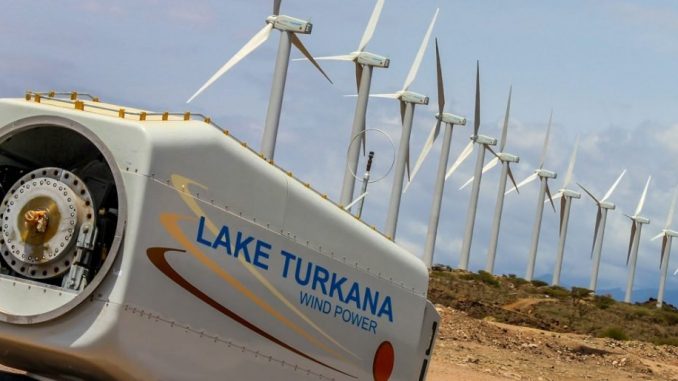Kenya’s will have to wait a little longer in order to enjoy the government promise of cheap electric power, this is because the same of the government’s freeze on signing new power purchase agreements (PPAs).
Lake Turkana Wind Power (LTWP) executive director Rizwan Fazal wants the government to rethink the stand, arguing that new projects require at least five years before they can supply power and the freeze may therefore send the country back to thermal power plants in case of demand surge.

“The most important thing is not to stop generation plants from coming on stream since it takes years to plan for them. In five years’ time when demand has grown you will have shortage and rush to thermal sources again,” he said.
Energy CS Charles Keter argued that the two sources had reached the desired level beyond which the stability of the grid would be compromised. According to Mr Fazal, the average gestation period for a new power project is about five years, meaning that should the economy need more power delivery will lag.

For instance, LTWP started construction in 2007 and generation late last year, making it about 11 years. The LTWP boss wants the government to tweak PPAs clauses.
“You can enter a PPA today and put a clause that the effectiveness of the PPA will only be when demand has grown by a given level. This will allow for planning,” said Mr Fazal. He said that even though allowing random and unmeasured PPAs can hurt consumers, a blanket freeze will eventually prove costly when demand peaks up.

“Even if LTWP was for instance told to supply additional 100MW today, we can’t. It will take us at least three years to get there even with the set up already in place,” he said. Consumers are currently footing the bill for expensive PPAs which have to be paid for their capacity plus actual electricity sold to Kenya Power.
